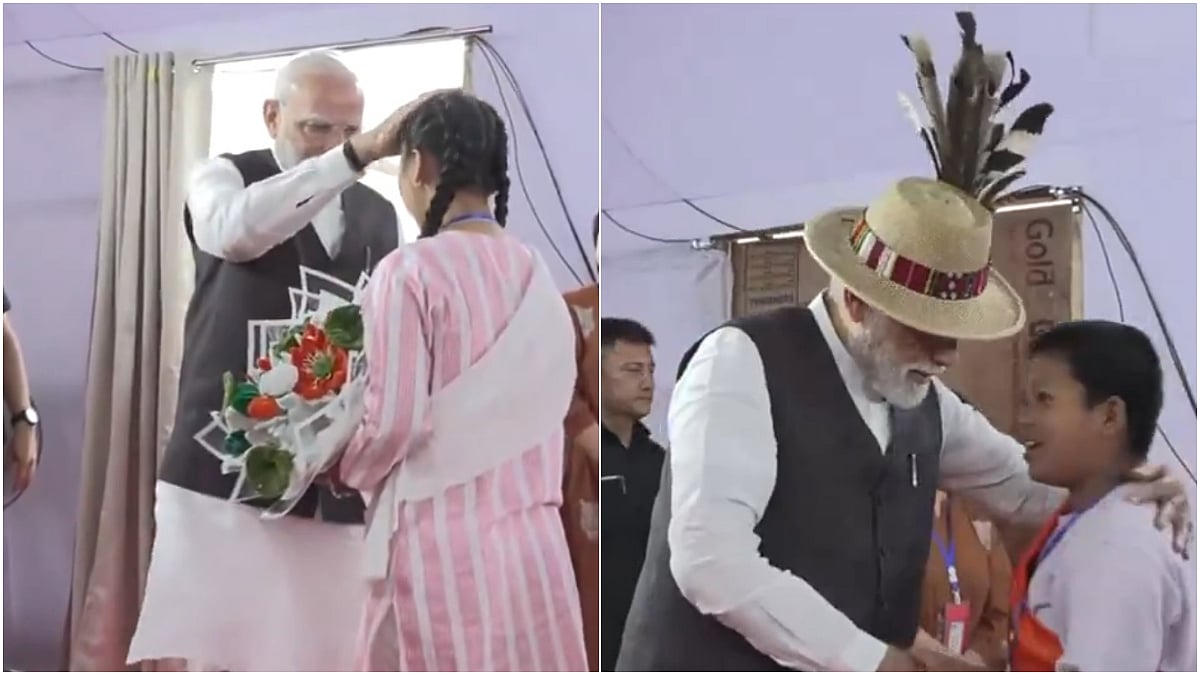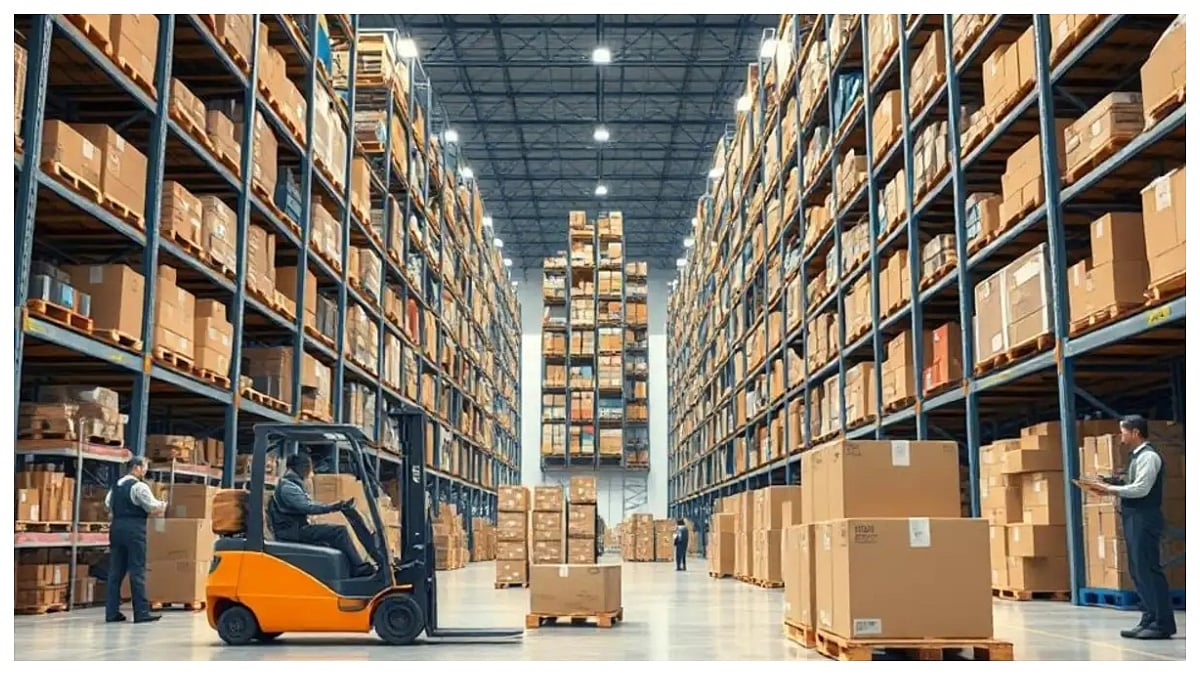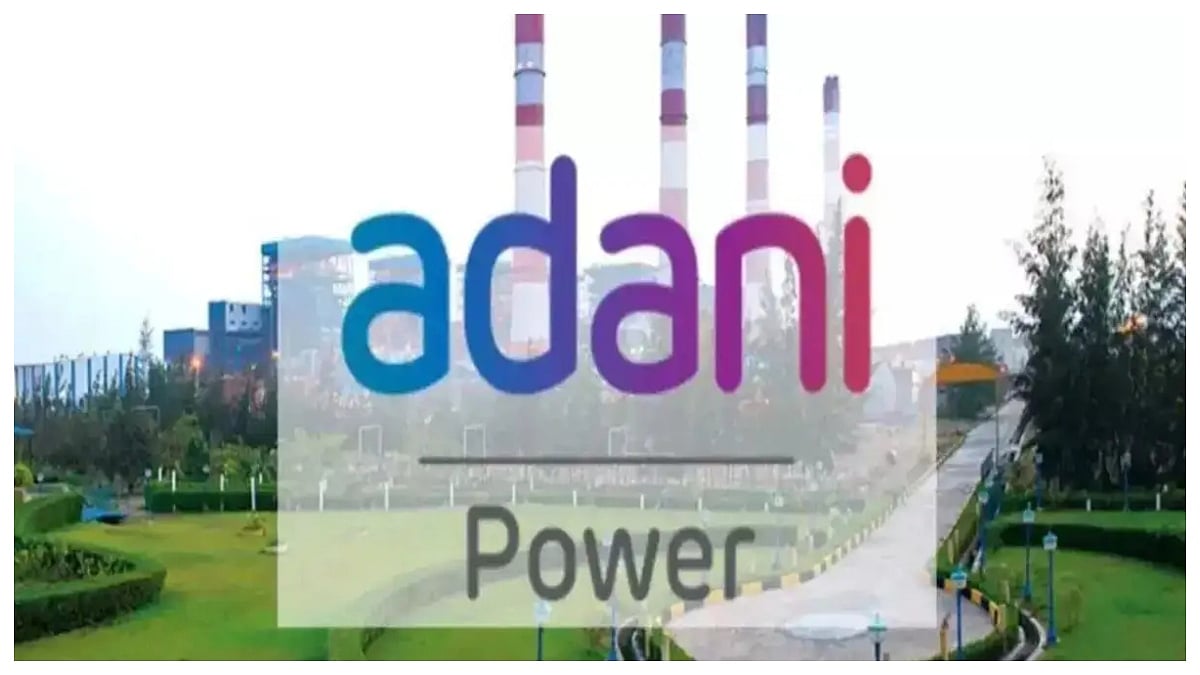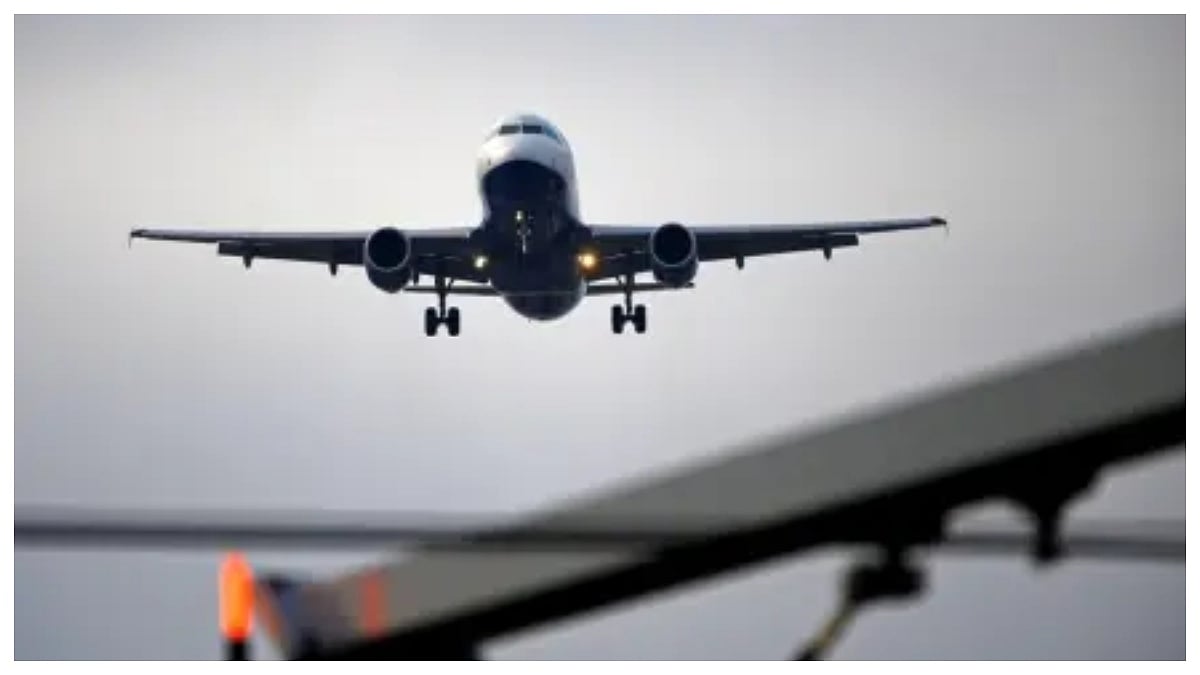New Delhi: Engineering exports promotion body EEPC India has urged the government to reinstate the Interest Equalisation Scheme, ensure affordable export finance, and provide support to absorb part of the punitive tariff imposed by the US on engineering exports from India.
In a meeting with Reserve Bank of India (RBI) Governor Sanjay Malhotra, EEPC India chairman Pankaj Chadha highlighted the vulnerability of the engineering sector in the wake of recent US tariffs and sought assistance in reducing borrowing costs for exporters.
"India's engineering exports to the USA average around USD 20 billion, which constitutes approximately 45 per cent of the total exports from India that are exposed to US tariffs. This underscores the vulnerability of our sector and the urgent need for government support. To mitigate this loss, the industry needs urgent government intervention in certain areas," Chadha said.
"EEPC India urges the Government to reinstate the IES, particularly for MSME, or at least for the SME manufacturing units in the engineering sector," he said.
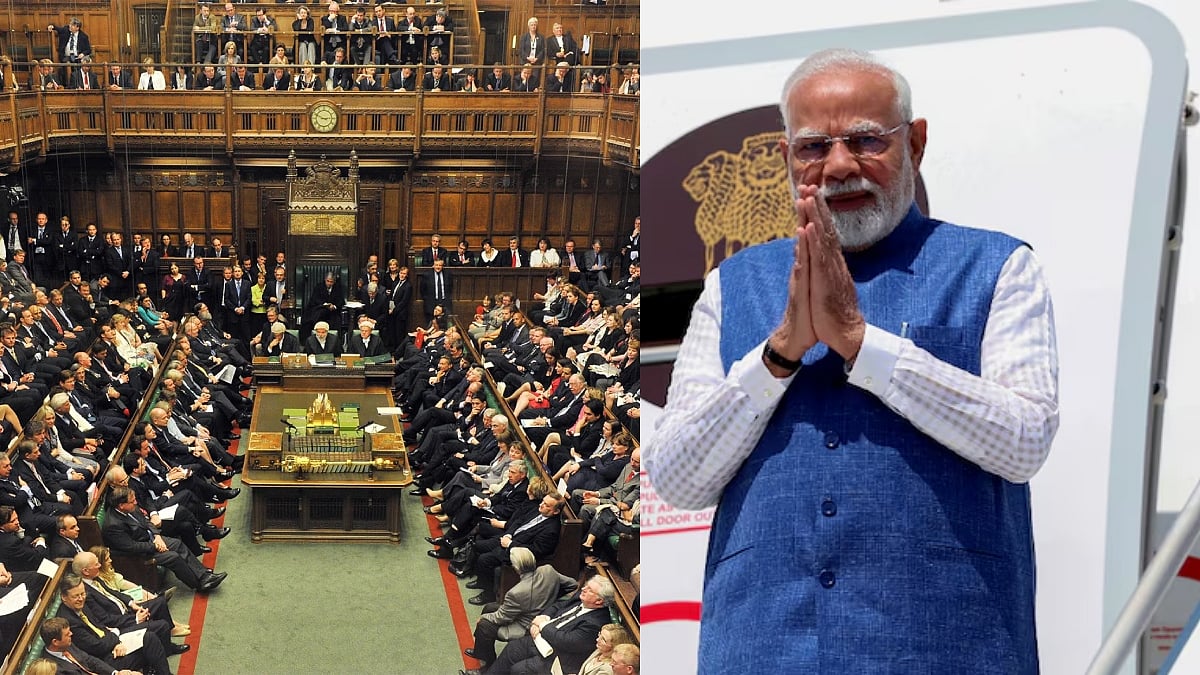
Chadha also flagged the challenges faced by MSME exporters regarding collateral-free loans for export financing.
"MSMEs continue to face difficulties when seeking finance from banks and financial institutions, where high collateral requirements persist. Additionally, the credit rating system used by banks to determine collateral and interest rates disproportionately affects MSMEs. As a result, MSMEs end up paying higher interest rates besides providing substantial collateral," he said.
The EEPC India chairman also noted that the US exposure of engineering exporters has impacted their credit rating and suggested that rating agencies should not consider US exposure when calculating credit ratings, at least for this year.
During the meeting with the RBI Governor, it was also observed that the average difference of duty between India and its competing nations is 30 per cent. EEPC India has suggested that while the industry can absorb 15 per cent of the tariff, support is needed from the government for the remaining 15 per cent either in the form of scrip or by getting exchange conversion at the REER rate of exchange.
(Except for the headline, this article has not been edited by FPJ's editorial team and is auto-generated from an agency feed.)

